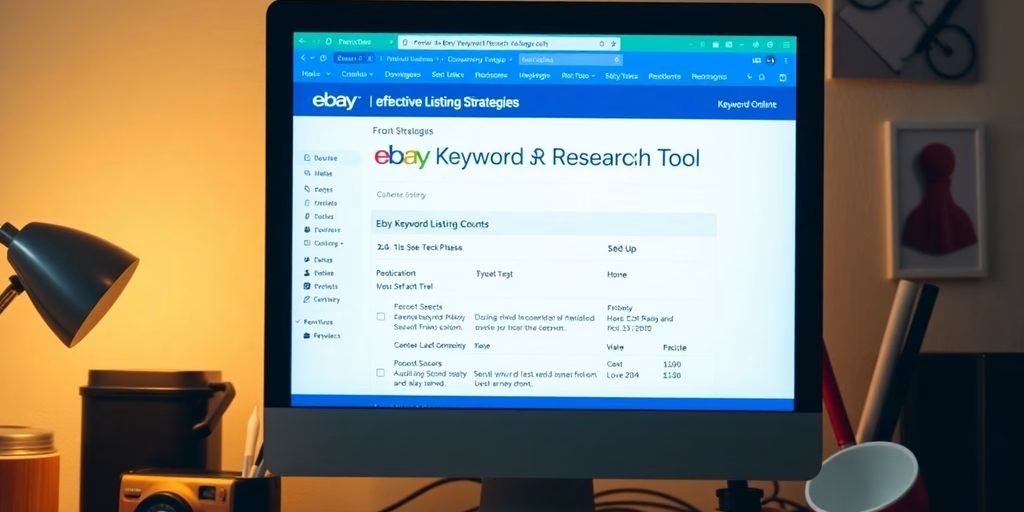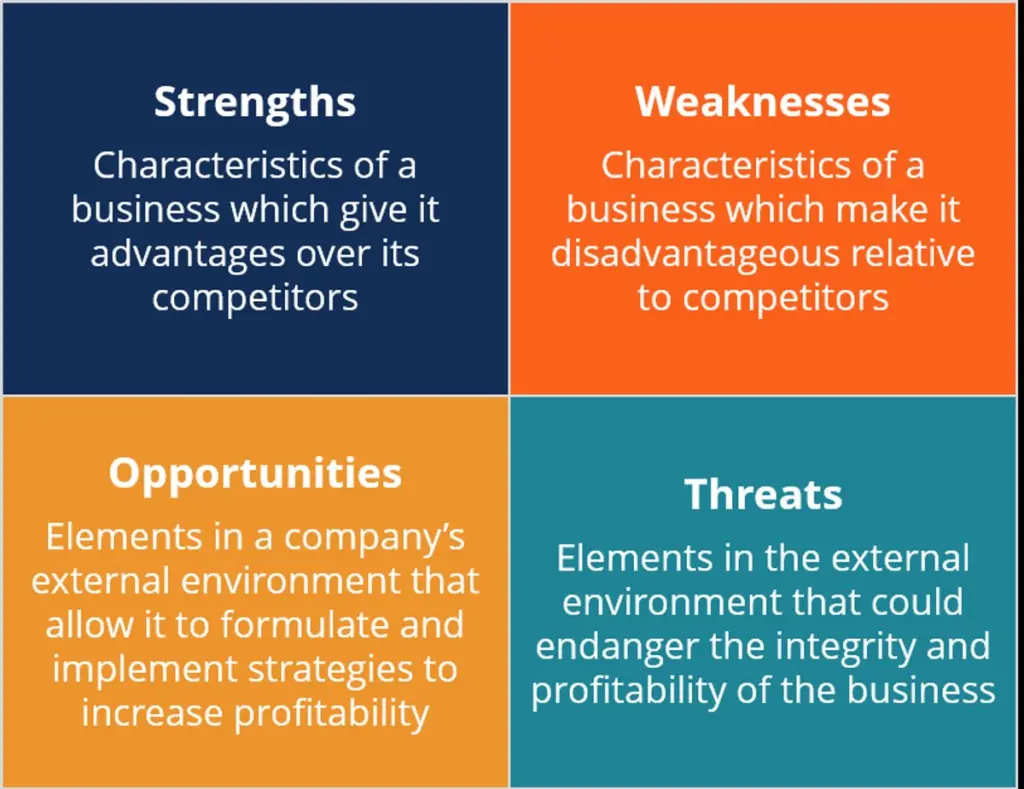In today’s digital world, ensuring the security and privacy of online data is more important than ever. HTTPS, or Hypertext Transfer Protocol Secure, is a vital technology that helps protect sensitive information as it travels between your web browser and a web server. Unlike HTTP, HTTPS encrypts the data, making it much harder for attackers to intercept or tamper with it. But what exactly is HTTPS, and why is it so crucial for online security? This article will delve into the nuts and bolts of HTTPS, how it works, its benefits, and how you can implement it on your website.
Key Takeaways
- HTTPS encrypts data to protect it from being intercepted or tampered with by attackers.
- SSL/TLS certificates are essential for establishing a secure HTTPS connection.
- Using HTTPS enhances user trust and can improve your website’s SEO ranking.
- HTTPS is not just for e-commerce sites; it is essential for any website that handles user data.
- Future advancements in web security and technology will continue to evolve the importance and implementation of HTTPS.
What is HTTPS Anyway?

The Basics of HTTPS
HTTPS, or Hypertext Transfer Protocol Secure, is an extension of HTTP designed to ensure secure communication over a computer network. It uses encryption protocols like Transport Layer Security (TLS) or its predecessor, Secure Sockets Layer (SSL), to protect data. HTTPS is essential for modern web security, safeguarding activities such as online shopping, banking, and remote work.
HTTPS vs. HTTP: Spot the Difference
While HTTP and HTTPS might seem similar, the ‘S’ in HTTPS stands for ‘Secure.’ This means that HTTPS encrypts the data exchanged between your browser and the web server, making it much harder for malicious actors to intercept and read the information. In contrast, HTTP does not offer this level of security, leaving data vulnerable to attacks.
Why the ‘S’ Matters
The ‘S’ in HTTPS is crucial because it signifies that the website uses encryption to protect your data. This encryption ensures that sensitive information, such as login credentials and payment details, remains confidential. Without HTTPS, your data could be exposed to cybercriminals, leading to potential identity theft or financial loss.
In a nutshell, HTTPS is the backbone of secure online communication, providing a safer and more trustworthy internet experience for users.
How HTTPS Keeps Your Data Safe

When it comes to safeguarding your data, HTTPS is the unsung hero of the internet. This protocol ensures that your information remains confidential and secure as it travels across the web. But how does it achieve this feat? Let’s dive into the nitty-gritty details.
Encryption: The Secret Sauce
Encryption is the magic that makes HTTPS so effective. By converting your data into a coded format, HTTPS ensures that only the intended recipient can read it. This protects your data from being spied on by attackers. Whether it’s login credentials, payment information, or your general browsing activity, encryption keeps it all under wraps.
SSL/TLS Certificates: Your Digital Bodyguards
SSL/TLS certificates are like digital bodyguards for your website. They authenticate the identity of your site and establish a secure connection between the server and the browser. This not only secures data in transit but also makes your site more trustworthy from a user’s perspective. Many users won’t notice the difference between an http:// and an https:// web address, but most browsers tag HTTP sites as “not secure” in noticeable ways, attempting to provide incentive for switching to HTTPS and increasing security.
Preventing Man-in-the-Middle Attacks
One of the most significant threats to online security is the man-in-the-middle attack. This is where an attacker intercepts communication between two parties to steal data. HTTPS prevents these attacks by fully securing data that flows between a browser and a website’s server. Compare that to HTTP, where the data is sent in clear text and can be easily intercepted, leaving users’ privacy at risk.
In summary, HTTPS is essential for modern web security. It ensures secure communication by encrypting data, protecting sensitive information, and enhancing trust in online services.
The Perks of Using HTTPS
Enhanced Privacy and Security
When it comes to online safety, HTTPS is like a digital bodyguard. It ensures that your sensitive information, such as credit card numbers and login details, remains confidential and inaccessible to hackers. This level of protection is crucial for maintaining user trust and safeguarding personal data.
Boosting User Trust
Users are becoming increasingly aware that they should look for the padlock symbol to confirm whether a website is safe. Websites using HTTPS are more likely to retain visitors, reduce bounce rates, and potentially increase conversion rates, as users feel more comfortable making transactions.
SEO Benefits: Google Loves HTTPS
Google has made it clear that HTTPS is a ranking factor. Websites using HTTPS are more likely to rank higher in search results, giving them a competitive edge. This means more visibility, more traffic, and ultimately, more business.
Getting HTTPS for Your Website

So, you’re ready to make your website more secure and trustworthy? Great choice! Let’s dive into the steps to get HTTPS up and running on your site.
Debunking Common HTTPS Myths

HTTPS Slows Down Your Website: Fact or Fiction?
Let’s get this straight: the idea that HTTPS slows down your website is pure fiction. Modern encryption algorithms are incredibly efficient, and the performance impact is negligible. In fact, Google has optimized its search engine to favor HTTPS sites, so any minor speed trade-off is more than compensated by the SEO benefits.
Only E-commerce Sites Need HTTPS: True or False?
False! While it’s true that e-commerce sites absolutely need HTTPS to protect sensitive customer data, every website can benefit from it. HTTPS ensures that all data transferred between the user and the site is encrypted, making it harder for attackers to intercept. This is crucial for any site that values user privacy and security.
HTTPS is Expensive: Myth or Reality?
This is another myth that needs debunking. There are plenty of affordable, even free, SSL/TLS certificate options available today. Services like Let’s Encrypt offer free certificates, making it easier than ever to secure your site without breaking the bank.
Stay alert to phishing scams. Sometimes cyber attackers create websites that mimic existing websites to trick people into purchasing something or logging in to their phishing site. A growing proportion of phishing scams occur on HTTPS sites — deceiving users who feel reassured by the padlock icon’s presence.
Future of HTTPS: What’s Next?
The future of HTTPS is as dynamic as the web itself. As we look ahead, several emerging trends and technologies are set to shape the landscape of web security. Staying ahead of these trends is crucial for maintaining a secure online presence.
Emerging Trends in Web Security
Web security is constantly evolving, and HTTPS is at the forefront of this evolution. Some of the key trends include:
- The rise of HTTP/3, which promises faster and more secure connections.
- Increased adoption of TLS 1.3, offering improved security features.
- The growing importance of forward secrecy to protect past communications even if current keys are compromised.
The Role of HTTPS in IoT
The Internet of Things (IoT) is expanding rapidly, and HTTPS plays a vital role in securing these devices. As more smart devices connect to the internet, ensuring secure communication channels becomes paramount. HTTPS helps in:
- Encrypting data transmitted between IoT devices and servers.
- Authenticating devices to prevent unauthorized access.
- Protecting user privacy in smart homes and cities.
Preparing for Quantum Computing
Quantum computing poses both opportunities and challenges for web security. While it promises to revolutionize computing power, it also threatens to break current encryption methods. To prepare for this future, the web security community is:
- Developing quantum-resistant algorithms.
- Exploring new encryption techniques to safeguard data.
- Ensuring that HTTPS remains robust in a post-quantum world.
The future of HTTPS is not just about keeping up with current trends but also about anticipating and preparing for the next big leap in technology.
The future of HTTPS is evolving rapidly, with new advancements promising even greater security and performance. Stay ahead of the curve by keeping up with the latest trends and technologies. For more insights and to see how we can help your business thrive in this digital age, visit our website today!
Conclusion
In a nutshell, HTTPS is like the bouncer at the club of the internet—keeping the bad guys out and ensuring that your private information stays, well, private. From securing your login credentials to safeguarding your payment information, HTTPS is the unsung hero of the web. So next time you see that little padlock icon in your browser, give it a nod of appreciation. It’s working tirelessly to make sure your online experience is safe and secure. And remember, if your website isn’t rocking HTTPS yet, it’s high time to make the switch. Your users—and their data—will thank you.
Frequently Asked Questions
What does HTTPS stand for?
HTTPS stands for HyperText Transfer Protocol Secure. It’s the secure, encrypted version of the standard HTTP web protocol.
Is HTTPS better than HTTP?
Yes, HTTPS is far superior to regular, unencrypted HTTP. HTTPS connections are encrypted through SSL/TLS certificates, ensuring visitors connect to the real website and that their data is secure from hackers.
How does HTTPS protect my data?
HTTPS protects your data by encrypting the information exchanged between your web browser and the web server. This prevents attackers from spying on or tampering with your data.
What is an SSL/TLS certificate?
An SSL/TLS certificate is a digital document that verifies a website’s identity and enables encrypted communication between the web server and browser. It’s essential for establishing a secure HTTPS connection.
Do all websites need HTTPS?
Yes, all websites should use HTTPS to protect user data, enhance privacy, and build trust with visitors. It’s not just for e-commerce sites; any site that handles user information should use HTTPS.
Does HTTPS slow down my website?
No, modern HTTPS implementations are optimized to minimize impact on website performance. In fact, the speed difference is negligible and the security benefits far outweigh any minor slowdowns.

![A Comprehensive Guide to Google Play Console Pricing [n8n]](https://cworks.id/wp-content/uploads/2025/09/cover-image-24622.avif)
![Understanding the Google Play Console Price: What Developers Need to Know [arvow]](https://cworks.id/wp-content/uploads/2025/05/4755037cthumbnail.avif)






































































































